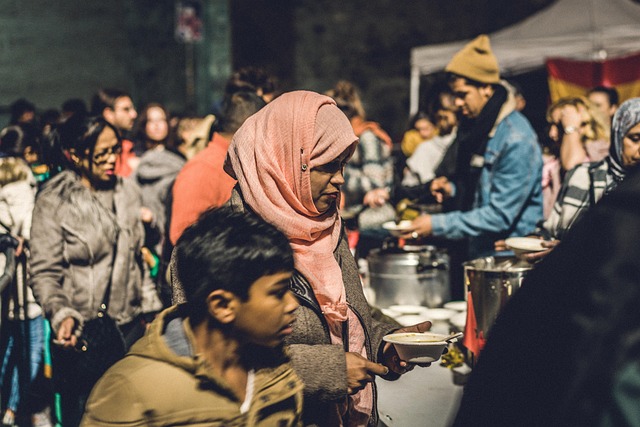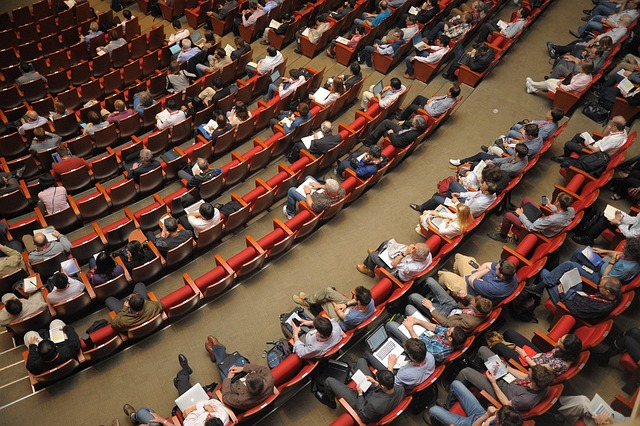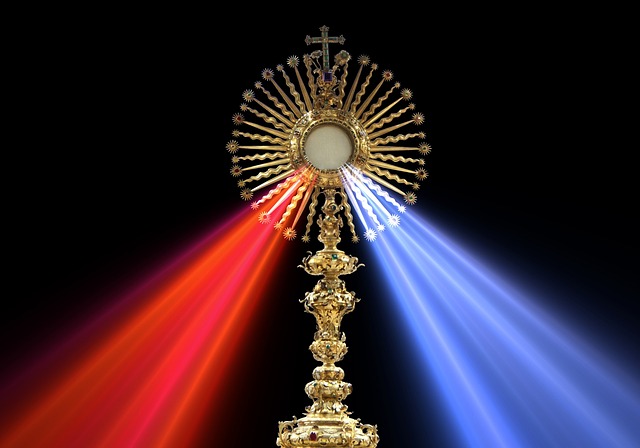In many towns and cities, a quiet rhythm begins to play in the evenings when the sun dips behind the skyline. A small gathering of friends, neighbors, and fellow seekers step into a local library or community center, turning the quiet space into a vibrant forum for faith, reflection, and shared stories. These gatherings, often called Religious literary evenings, weave together the timeless tradition of scripture reading with contemporary voices, creating a tapestry that invites dialogue, wonder, and a renewed sense of belonging.
What Is a Religious Literary Evening?
A Religious literary evening is more than a meeting; it is a ritual that honors the power of words to shape belief, foster empathy, and build community. At its core, the event brings together texts—be they sacred scriptures, hymns, poetry, or modern essays—paired with open conversation. Participants may read passages aloud, share personal reflections, or invite speakers to discuss themes such as hope, justice, or spiritual growth. The emphasis lies on listening as much as speaking, encouraging a safe space where faith can be examined and celebrated in its many facets.
The Heart of Community
Community is the lifeblood of these evenings. When people from different backgrounds converge around shared themes, the event transcends individual belief systems and becomes a collective journey. Participants often form a circle, symbolizing equality and mutual respect. Even those who attend as casual listeners find themselves drawn into deeper conversations, feeling a sense of inclusion that extends beyond the event itself. In this way, a Religious literary evening cultivates an environment where faith is not a solitary pursuit but a shared experience enriched by diverse perspectives.
A Brief History of Literary Gatherings in Faith
The tradition of reading and discussing religious texts dates back centuries. Monastic communities in medieval Europe organized liturgical readings that combined scriptural exegesis with communal prayer. In the 19th century, Sunday school circles in North America expanded this practice, integrating secular literature to broaden moral education. The 20th century saw the rise of book clubs that focused on spiritual literature, and the late 20th and early 21st centuries introduced the modern Religious literary evening—a hybrid that blends ancient texts with contemporary voices. Today, these gatherings continue to adapt, reflecting the evolving ways people experience faith.
Typical Program Flow
A well‑structured Religious literary evening usually follows a gentle progression. It often begins with a short, soothing musical interlude or a brief meditation to center the group. This is followed by a reading from a sacred text, selected for its relevance to the theme of the night. A discussion then ensues, moderated by a facilitator who invites participants to share how the passage resonates with their lives. The program may include a short creative exercise, such as writing a poem or sketch inspired by the reading, allowing participants to express their reflections artistically. The evening typically concludes with a communal blessing or a shared silence, giving everyone a moment to internalize the experience.
Benefits of Participation
Engaging in a Religious literary evening offers multiple layers of enrichment. Emotionally, it provides a supportive environment where individuals can confront doubts and celebrate faith without judgment. Cognitively, the practice of close reading and discussion sharpens critical thinking, enabling participants to interpret texts more deeply. Socially, the shared experience fosters connections that often extend beyond the evening, creating networks of support for everyday challenges. Spiritual growth is another significant outcome; the reflective nature of these gatherings encourages participants to live their faith more intentionally, turning abstract beliefs into tangible actions in their communities.
How to Organize Your Own Religious Literary Evening
Planning a Religious literary evening begins with identifying a clear theme that resonates with your community’s interests—whether it’s a focus on gratitude, social justice, or the journey of faith. Next, choose a venue that offers a comfortable, intimate setting; a library reading room or a quiet corner of a community hall often works well. Create a simple agenda: opening prayer or meditation, readings, discussion prompts, creative activity, and closing reflection. Recruit a facilitator who can guide conversations and manage time, and invite a diverse group of participants to ensure multiple viewpoints are represented. Finally, share a gentle reminder that the event is a space for respectful dialogue, encouraging participants to listen as much as they speak.
Participant Experiences
Many attendees describe the evening as a “warm hug for the soul.” One participant noted, “When I shared a passage about forgiveness, I was surprised to hear how many others had struggled with the same theme.” Another shared that the creative writing exercise allowed her to articulate a question she had been wrestling with for months. These anecdotal accounts illustrate how a Religious literary evening can transform isolated thoughts into collective understanding, reinforcing the idea that faith thrives best when shared.
“In that circle, I realized my faith was not a private compass but a shared map we navigate together.” – Anonymous participant
Future Directions for the Community
As society becomes increasingly digital, the format of Religious literary evenings offers an exciting bridge between tradition and technology. Virtual platforms can widen access, allowing participants from distant regions to join in real time, while keeping the intimate atmosphere through moderated chat or video breakout rooms. Hybrid models—combining in‑person gatherings with online streaming—can also help maintain community bonds during times of uncertainty. Moreover, expanding the repertoire to include interfaith dialogues can deepen mutual respect, positioning these evenings as catalysts for broader social cohesion.
Closing Reflections
Religious literary evenings embody a simple yet profound truth: faith is most vibrant when it is read, discussed, and lived in community. By bringing together words and hearts, these gatherings invite each participant to contribute their unique voice to a larger conversation. They remind us that the search for meaning is not a solitary endeavor but a shared voyage that flourishes in connection. Whether you are a seasoned scholar, a curious newcomer, or someone simply seeking comfort in words, a Religious literary evening offers a welcoming space to explore, reflect, and grow together.




